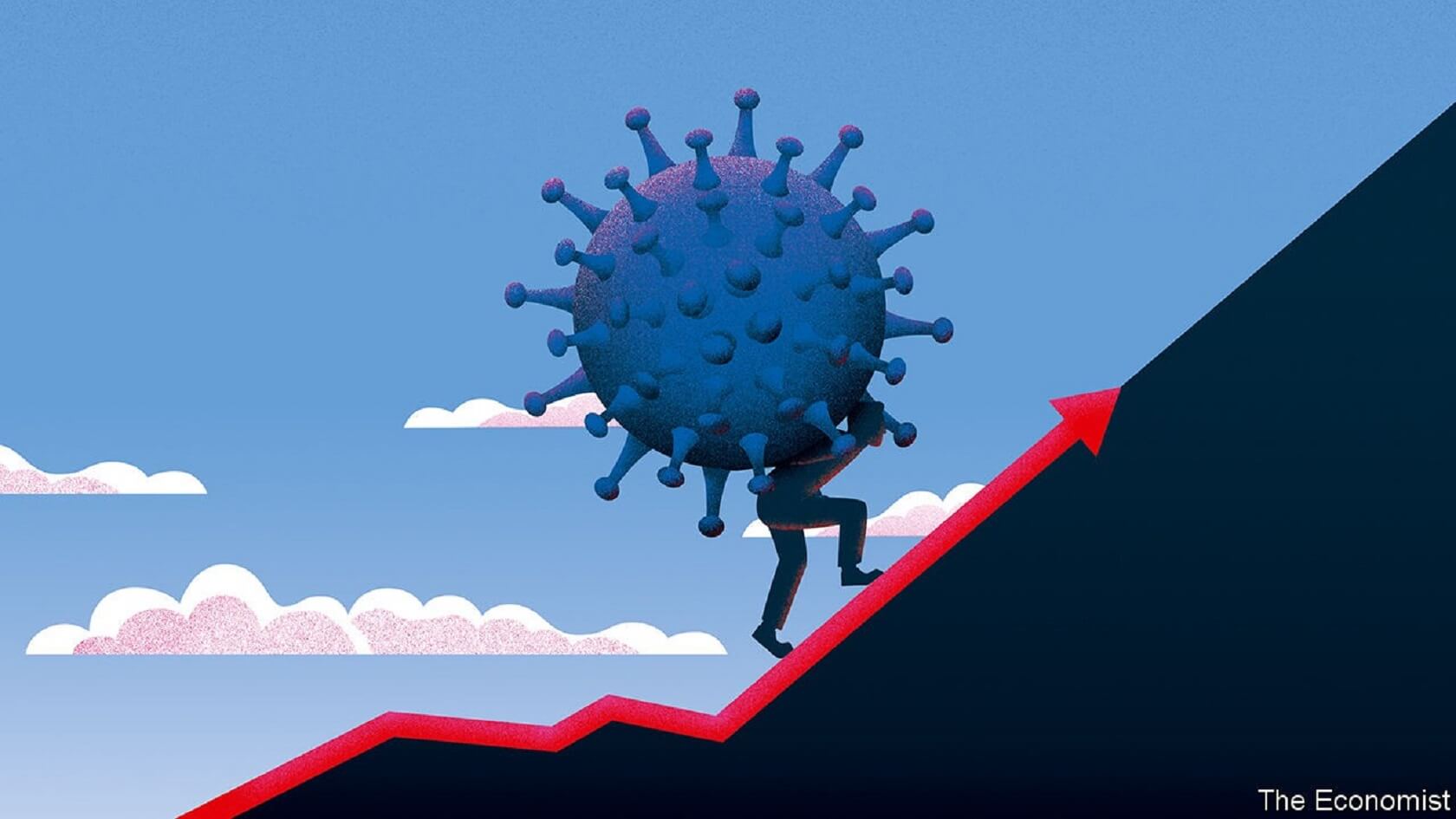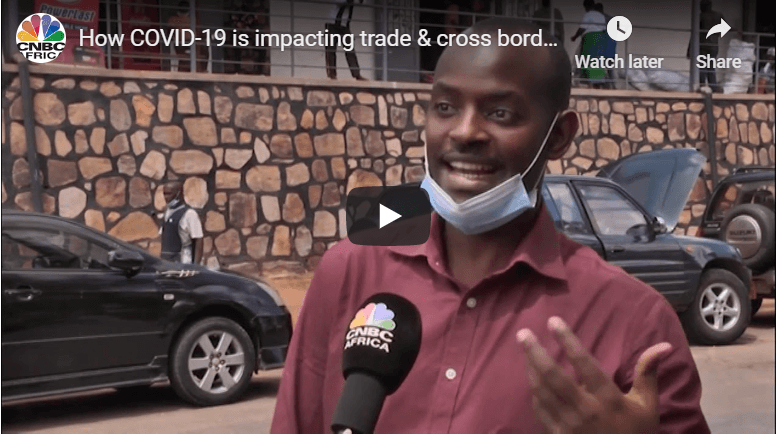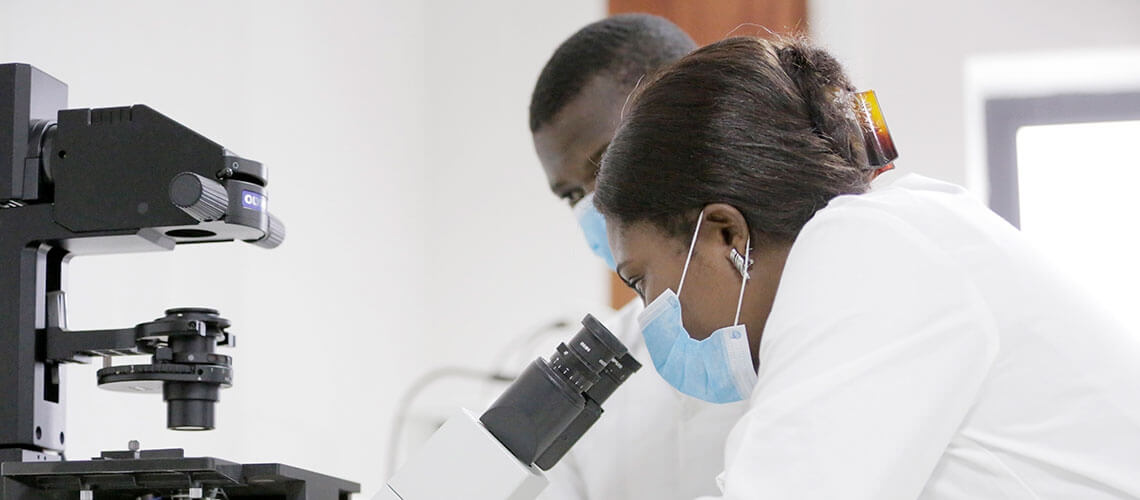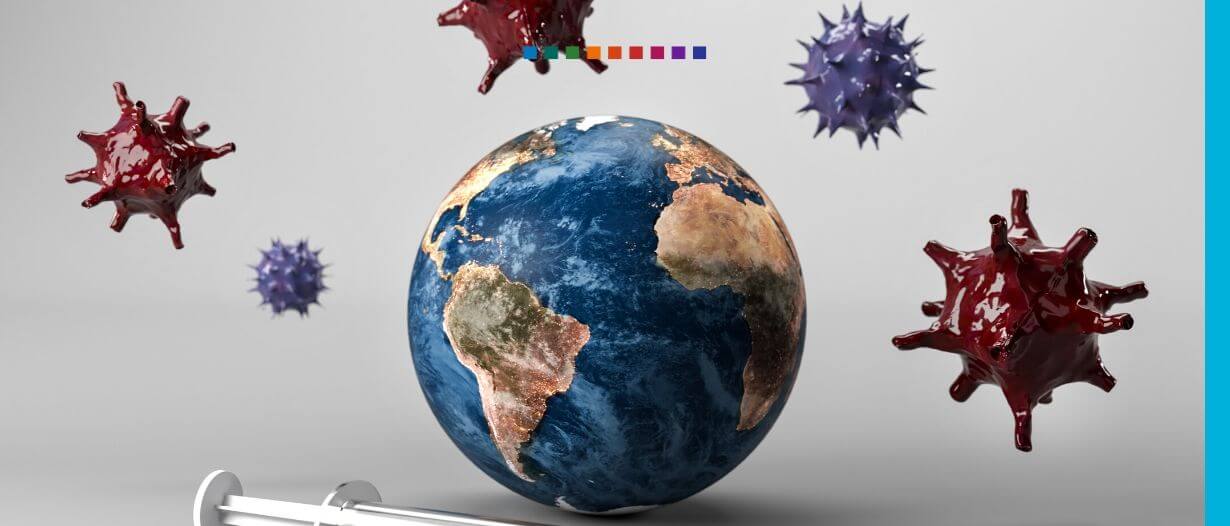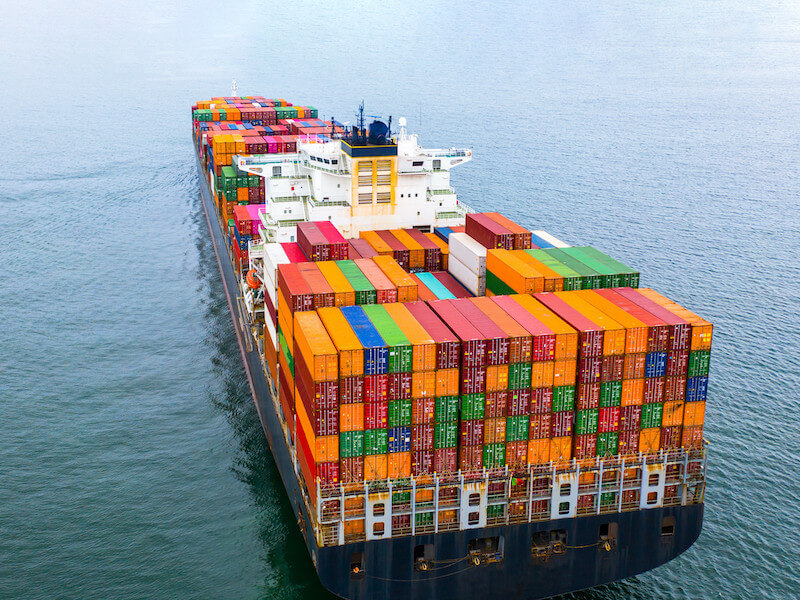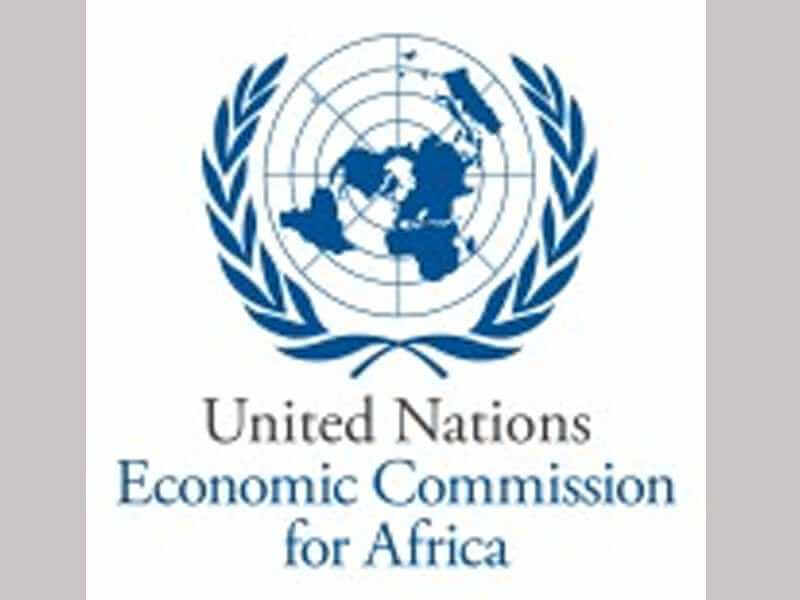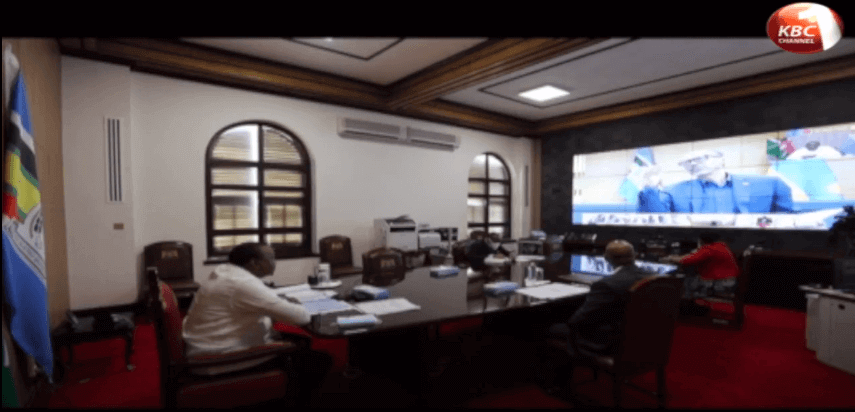Tanzania Daily News (Dar es Salaam) AS coronavirus pandemic effects are being felt across the East African Community (EAC), the community feels the need to embrace the principle of comparative advan- tage so as to keep business going and bring life back to normalcy. The idea has been floated just a few days after Presi- dent John Magufuli and his Kenyan counterpart, Mr Uhuru Kenyatta conversed and solved a border dispute about truck drivers crossing from one country to another. Tanzania has, from the beginning opted for no lockdown practice and the move has since paid off. Speaking on behalf of EAC Secretary General, Ambassador Liberat Mfumukeko, Kenya's EAC Affairs and Regional Development Cabinet Secretary (CS), Mr Adan Mohammed said that the aim of embracing the principle was to keep regional trade going and that EAC remains united and together defeat the Covid-19 for common good. "We must therefore strengthen our trade bond and utilise the principle of comparative advantage to keep regional trade going," said the CS upon handing over mobile labs from the EAC Secretariat to Kenya. "EAC must remain to- gether to defeat this disease for our common good," added Mr Mohammed. The principle refers to an economy's ability to produce goods and services at a lower opportunity cost than that of trade partners. A comparative advantage gives a company the ability to sell goods and services at a lower price than its competi- tors and realise stronger sales margins. The law of comparative advantage is popularly attributed to...
East Africa: EAC Mulls Comparative Advantage Principle
Posted on: May 29, 2020
Posted on: May 29, 2020


